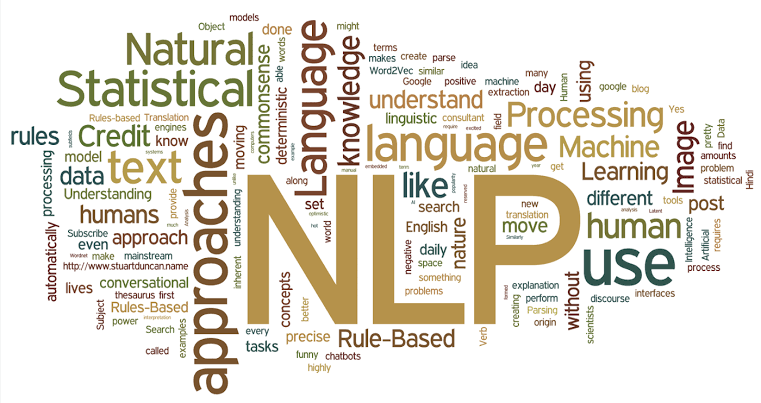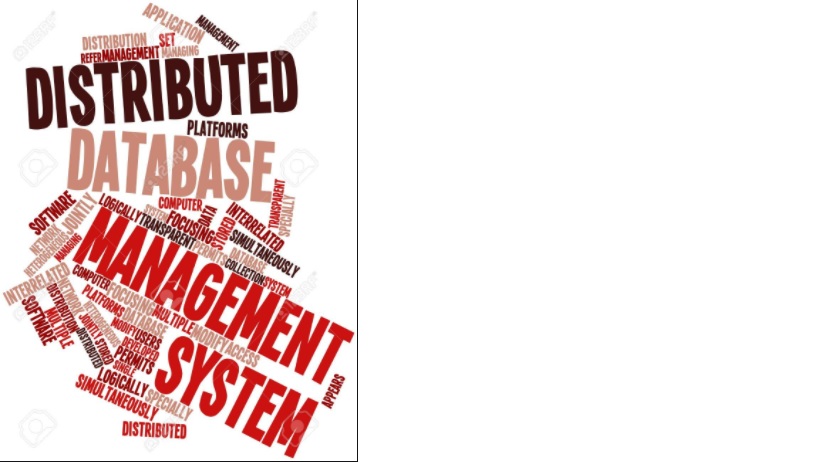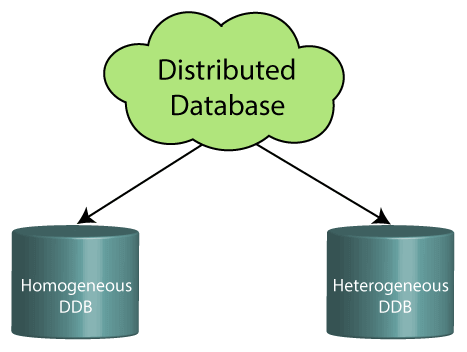
- Teacher: JESLIN SHANTHAMALAR JACOB SAMUEL
- Teacher: Dr.Sridevi N
- Teacher: POTHUMANI S
SCSB1611 COMPUTATIONAL
INTELLIGENCE
COURSE OBJECTIVES
To study the basic principles of fuzzy logic and fuzzy operators.
To understand the concept of fuzzy logic controller and its applications.
To comprehend the concepts of swarm intelligence algorithms.
To study and analyse various methodologies for training multi-layer network.
To acquire knowledge about SOM and special networks.
To illustrate the concepts of Genetic Algorithms& Evolutionary strategies.
UNIT 1 FUZZY LOGIC INTELLIGENCE 9 Hrs.
Classical set- operations and properties -Fuzzy Set-operations and properties-problems, Classical
Relations-Operations and Properties, Fuzzy Relations-Operations and Properties -Compositions-Maxmin, Max-Product-Problems, Membership function- features of membership functions-types, α cuts,
Linguistic Hedges.
UNIT 2 FUZZY LOGIC CONTROL SYSTEM 9 Hrs.
FLCS- Fuzzy logic control system-Need for FLCS-Assumptions in FLC design. Fuzzification –
Defuzzification. Fuzzy decision making, Fuzzy Rule Based System- Knowledge Base System. Mamdani
and sugeno FLC architectures, Introduction to ANFIS- Architecture. Fuzzy cognitive maps. Applications
- speed control of induction motor, automatic train control.
UNIT 3 SWARM INTELLIGENC 9 Hrs.
Introduction – Particle swarm optimization algorithm – Bat algorithm and its variants – Artificial Fish swarm
optimization algorithm – Cockoo search algorithm and its variants – Firefly algorithm and its variants –
Flower pollination algorithm – Artificial Bee colony optimization algorithm – real world applications of
swarm intelligence algorithms.
UNIT 4 MULTILAYER AND ADAPTIVE ARCHITECTURES 9 Hrs.
BPN-Algorithm, Application, CPN-Training, Applications, Mexican Hat, Kohonan SOM, vector
quantization, - Associate memory - Bidirectional Associative Memory (BAM) - Architecture – Hopfield –
Discrete & Continuous types, Algorithm- Energy function, Adaptive Resonance Theory - ART1, ART2-
training. Probabilistic neural network, Applications - Fault diagnosis, Motion control in robo

- Teacher: Ashok Kumar K
- Teacher: RAGHI K.R
COURSE OBJECTIVES
- To understand the role of databases and database management systems in managing organizational data and information.
- To understand the techniques used for data fragmentation, replication and allocation during the distributed database design process.
- To discuss the issues involved in resource management and process.
- To Perceive the building blocks and design of information systems.
- To acquire knowledge of information systems on Business operations

- Teacher: Pravin A
- Teacher: SANDHIYA B
- Teacher: RAMALAKSHMI D
- Teacher: Sabeena Gnanaselvi G
- Teacher: Dr T Prem Jacob
- Teacher: Dr. S. Jancy
- Teacher: Dhanalakshmi K
- Teacher: Suji Helen L
- Teacher: Gowri M
- Teacher: JEMSHIA MIRIAM
- Teacher: MANJU C NAIR
- Teacher: Saranya S
- Teacher: BHANU SHREE T
- Teacher: DHARANI V
- Teacher: Divya V K
